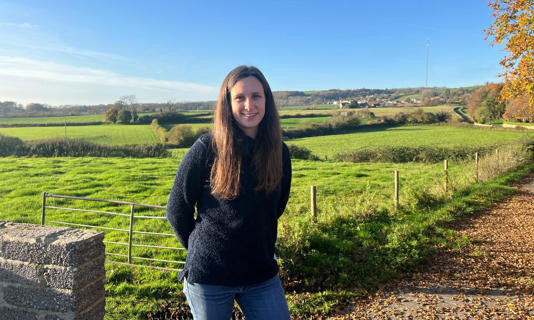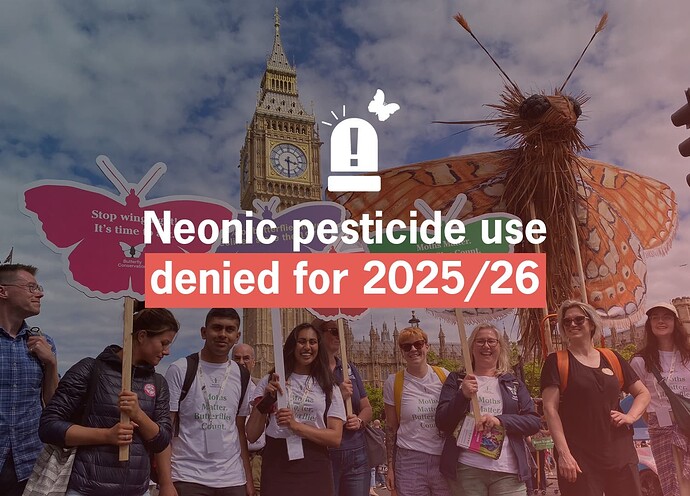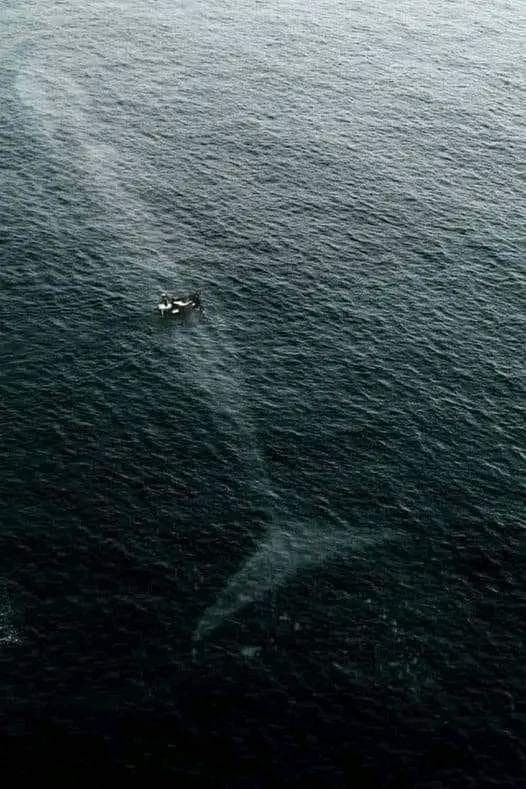UK scientist wins prize for invention that could help avert ‘phosphogeddon’
Story by Robin McKie Science Editor

Jane Pearce, co-founder of the company recovering and reusing phosphate with its new product.
It is one of the least appreciated substances on the planet and its misuse is now threatening to unleash environmental mayhem. Phosphorus is a key component of fertilisers that have become vital in providing food for the world. But at the same time, the spread of these phosphorus compounds – known as phosphates – into rivers, lakes and streams is spreading algal blooms that are killing fish stocks and marine life on a huge scale.
It is a striking mismatch that is now being tackled by a project of remarkable simplicity. The company Rookwood Operations, based in Wells, Somerset, has launched a product that enables phosphates to be extracted from problem areas and then reused on farmland.
This week one of the company’s founders, Jane Pearce, will be awarded a £75,000 Innovate UK Women in Innovation Award for her role in setting up the project. “Our product has a straightforward goal – to transfer phosphates from rivers and lakes where they are causing real damage and move them in a simple manner to farmland, where they can be of use in growing crops,” Pearce told the Observer last week.
The key to the intriguing transfer is a substance simply known as Phosphate Removal Material or PRM. Recently developed, it is about to undergo trials with a local water company in Somerset and these will be followed up in a few months with tests with a national company.
“Essentially, the PRM we have developed acts like a sponge that absorbs phosphates,” said Pearce, who set up Rookwood Operations with her partner, Liam, and a friend, Josh Hares. “It sits in the water in an open container until it has absorbed as much phosphate as possible and it is then transferred to farmland. PRM is made entirely of natural materials, so it can be put on to a field and left there for its phosphate fertiliser to be taken up by crops. On its own, PRM will enhance the quality of the soil.
The production of PRM is one of the more intriguing developments in a growing crisis that has been dubbed “phosphogeddon” by scientists.
Phosphates are essential to life. Bones and teeth are largely made of calcium phosphate, while DNA has a phosphate backbone that provides crucial support for its structure. Yet the vital role of phosphates within fertilisers – about 50m tonnes of phosphate fertiliser are sold around the world every year and play a key role in feeding the planet’s 8 billion inhabitants – means that phosphate reserves are drying up. Only those in Morocco, the western Sahara and China contain significant amounts, while reserves in the US are down to 1% of previous levels. Britain has always relied on imports.
Simultaneously, humanity has become dangerously profligate. Fertilisers are washed from fields, along with phosphate-rich sewage discharges, and these contaminate lakes and waterways around the world.
Phosphate run-offs trigger algal blooms that consume oxygen and block sunlight from underwater plants with deadly effects. Many British rivers have been badly polluted this way, such as the River Wye, which has become a foul-smelling pea soup in many places.
It is against this background that Pearce and her colleagues at Rookwood Operations have developed PRM as a method for tackling the excess phosphates while doing something that restores its presence in the soil.
“What we have developed is a simple material that could have a very wide impact on a really worrying environmental problem,” said Pearce. “We hope it will stabilise phosphate use in this country and reduce our need to import mined supplies from other countries. That can only help the environment.”
![]()
![]()
![]()



